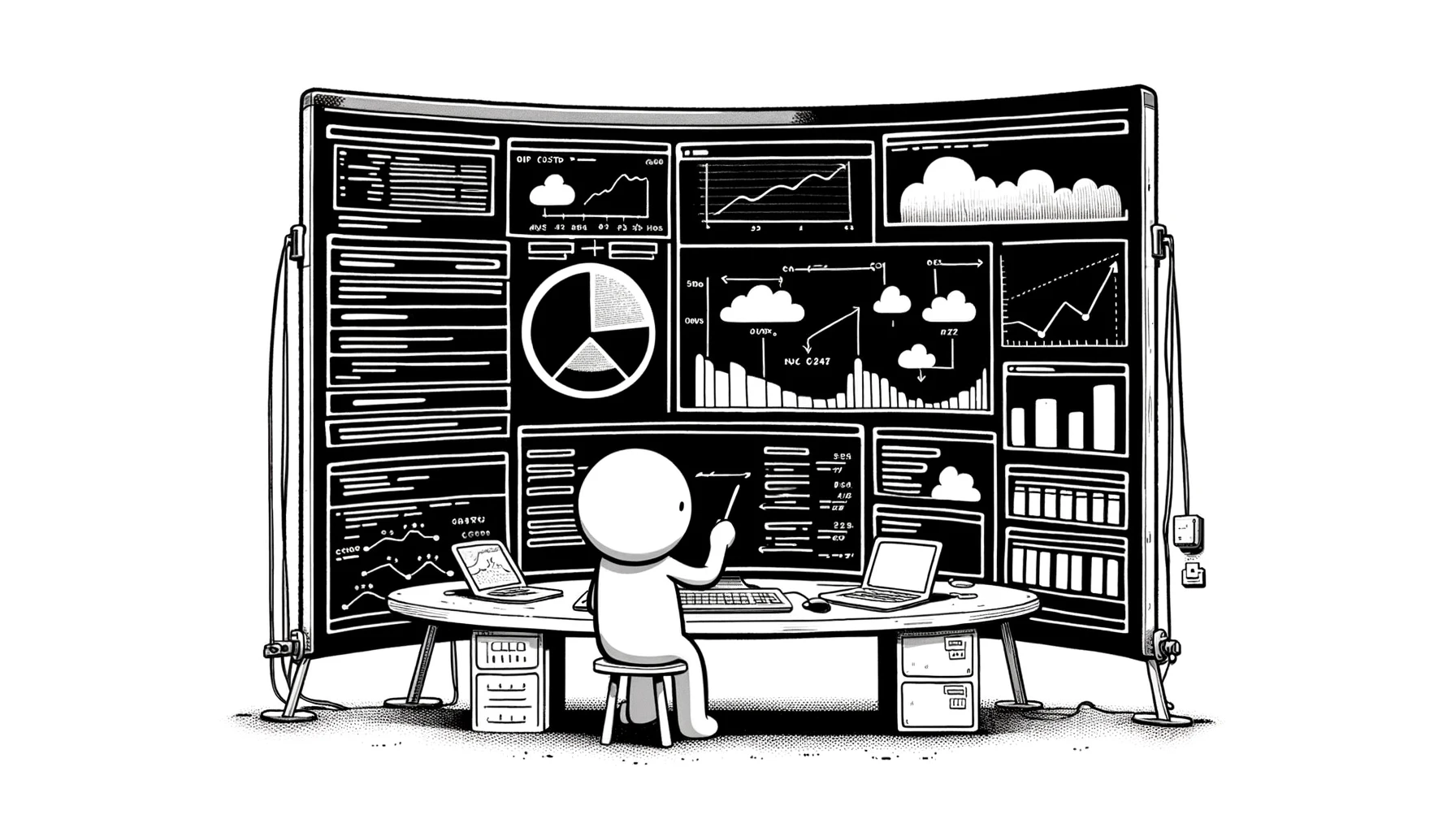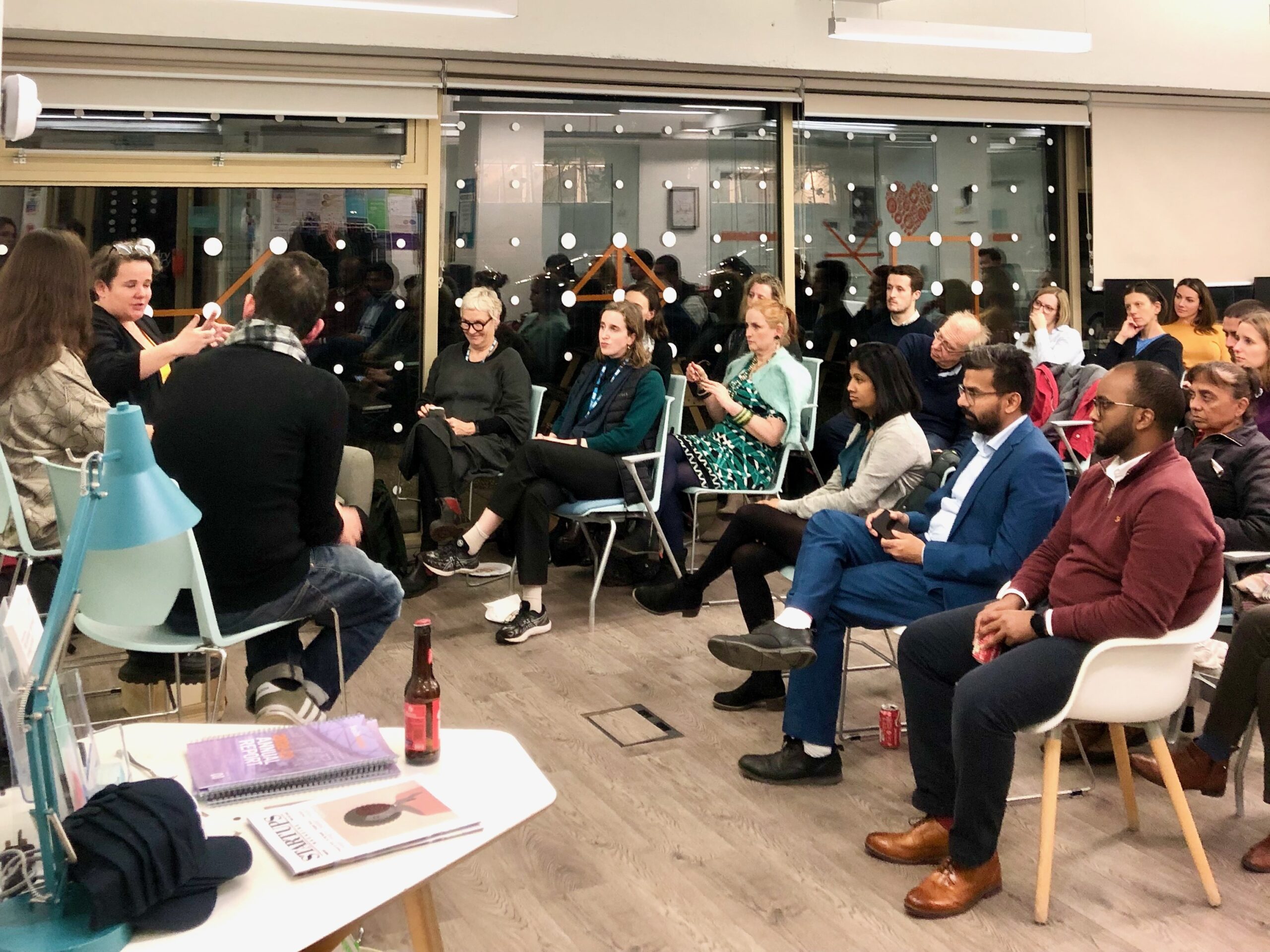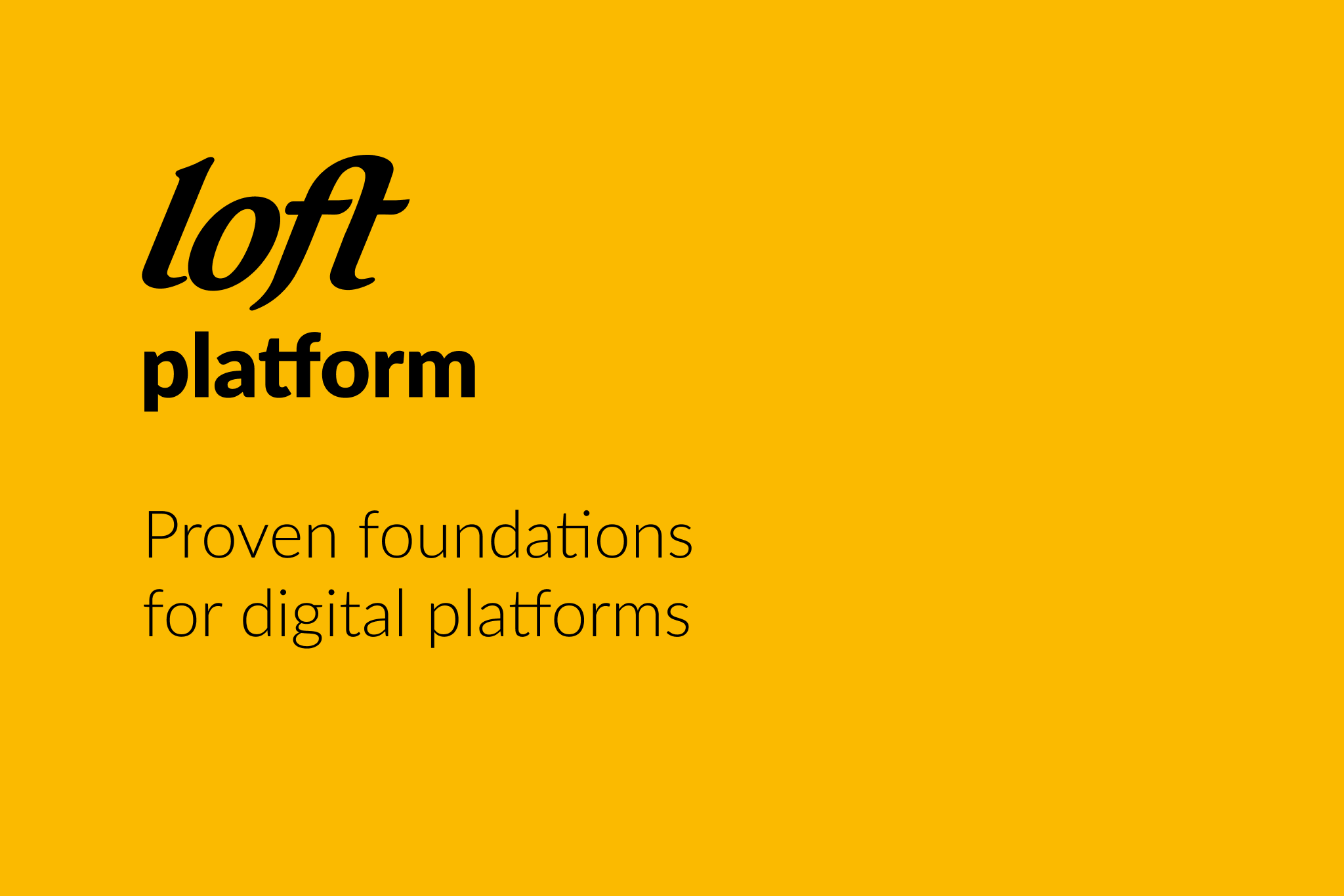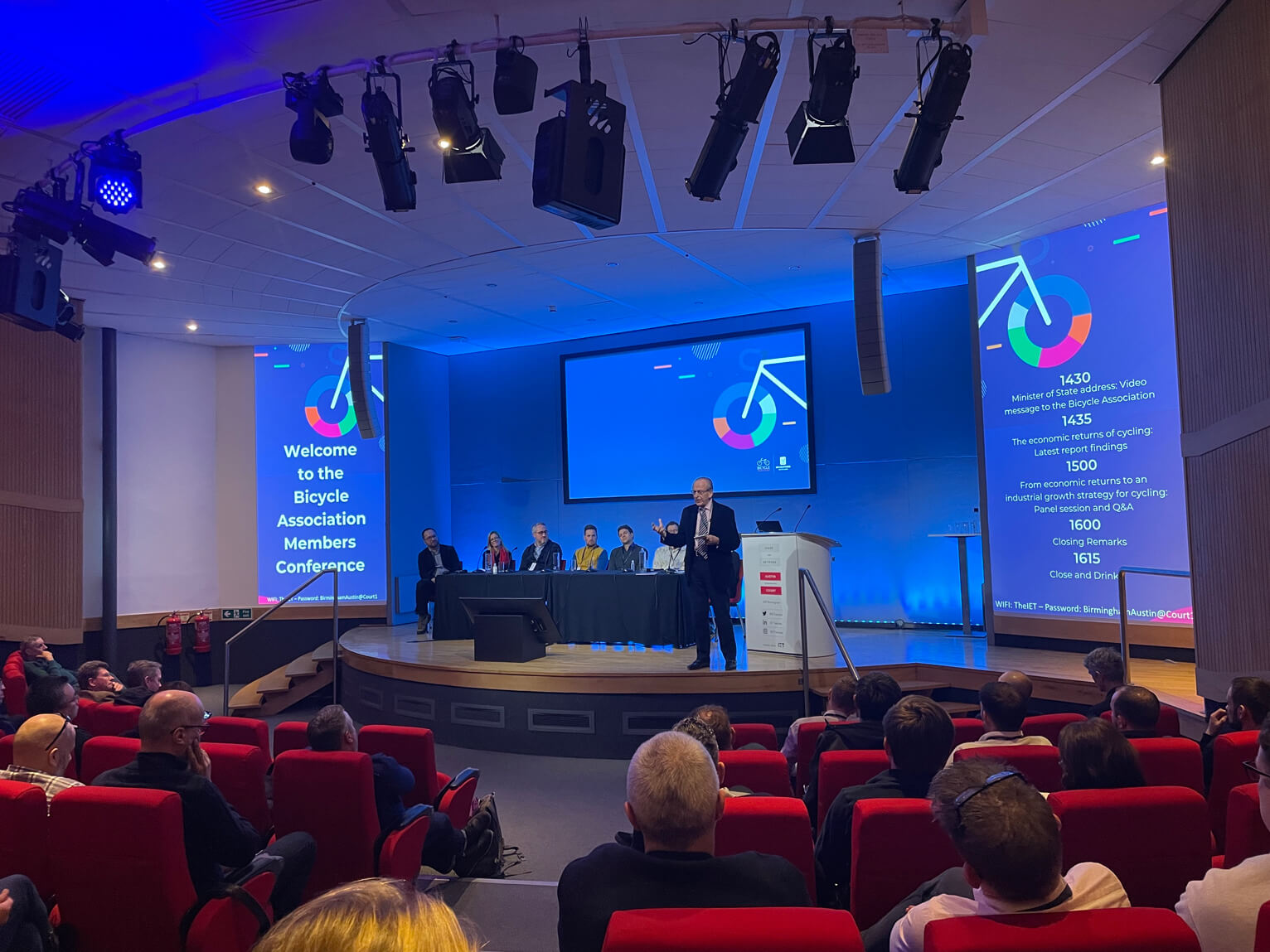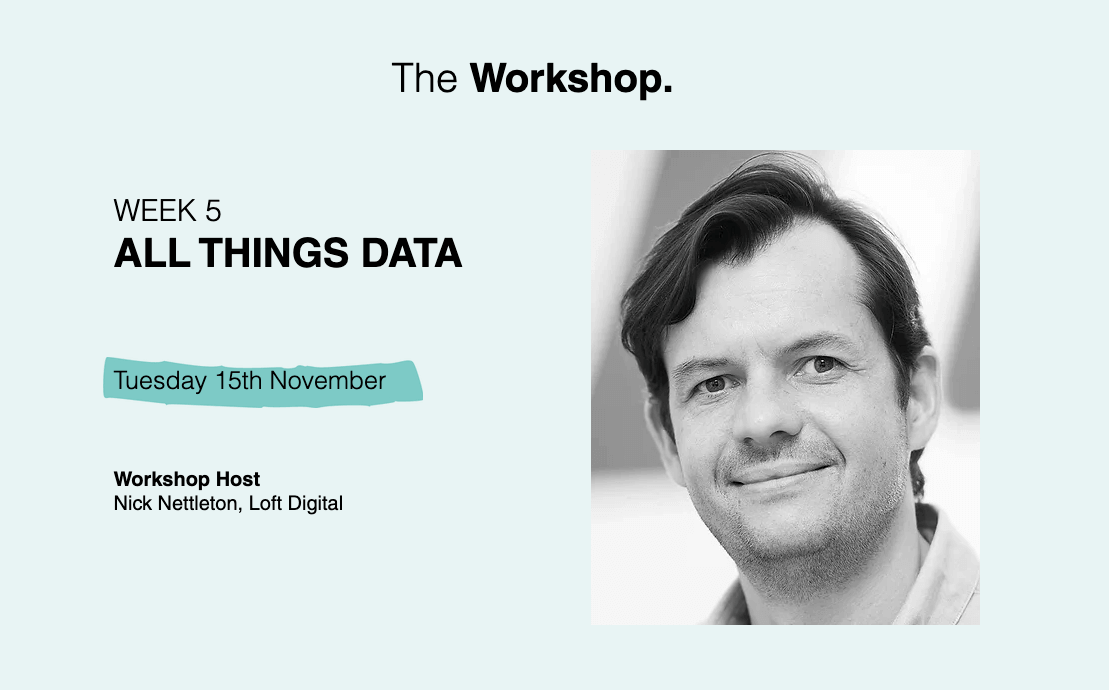I heard from a colleague yesterday that the pandemic is driving much needed digital innovation and adoption in their (already very progressive) hospital. Endeavours that were once seen as worthwhile are now mission-critical. Tools to support virtual appointments are one of these.
It’s becoming clear that social distancing is going to be with us for some time. Professor Andrew Webster, Consultant Ophthalmic Surgeon at Moorfields Eye Hospital, thinks that the some of the changes we will see in hospitals will be permanent:
“The density of people passing through our hospitals needs to reduce significantly. Travel to and from hospitals is likely to be more challenging. Therefore, any consultations that can be done virtually will have to be done that way. Even when we emerge from COVID people are going to expect waiting rooms to be much quieter and such virtual appointments to be offered to them”.
This is an interesting problem space for a techie. What products and services will need to be conceived to support a permanently different way of delivering certain healthcare services?
Sharing information safely with your doctor
One area of challenge is in sharing patient data. In fields like Prof Webster’s, a patient with a rare chronic disease may generate large volumes of specialist data over many years of appointments with different specialists in different places. Clinicians often need patients to bring these documents with them to their appointment, because there is no mechanism for them to be shared automatically within the NHS – let alone between different public and private health providers around the world.
Virtual appointments make these even more complex. How does a patient know how to safely share the necessary information with their doctor prior to an appointment?
MyEyeSite, a collaborative project between Loft, Moorfields Eye Hospital and UCL, is looking at how we can solve this exact problem, and at the same time help accelerate research into rare disease, by providing tools for patients to collect, manage and share their specialist health data from any location.
Join the debate
What challenges can you see for the NHS that could be helped with new or improved digital systems? Share your thoughts with us on Twitter here.



